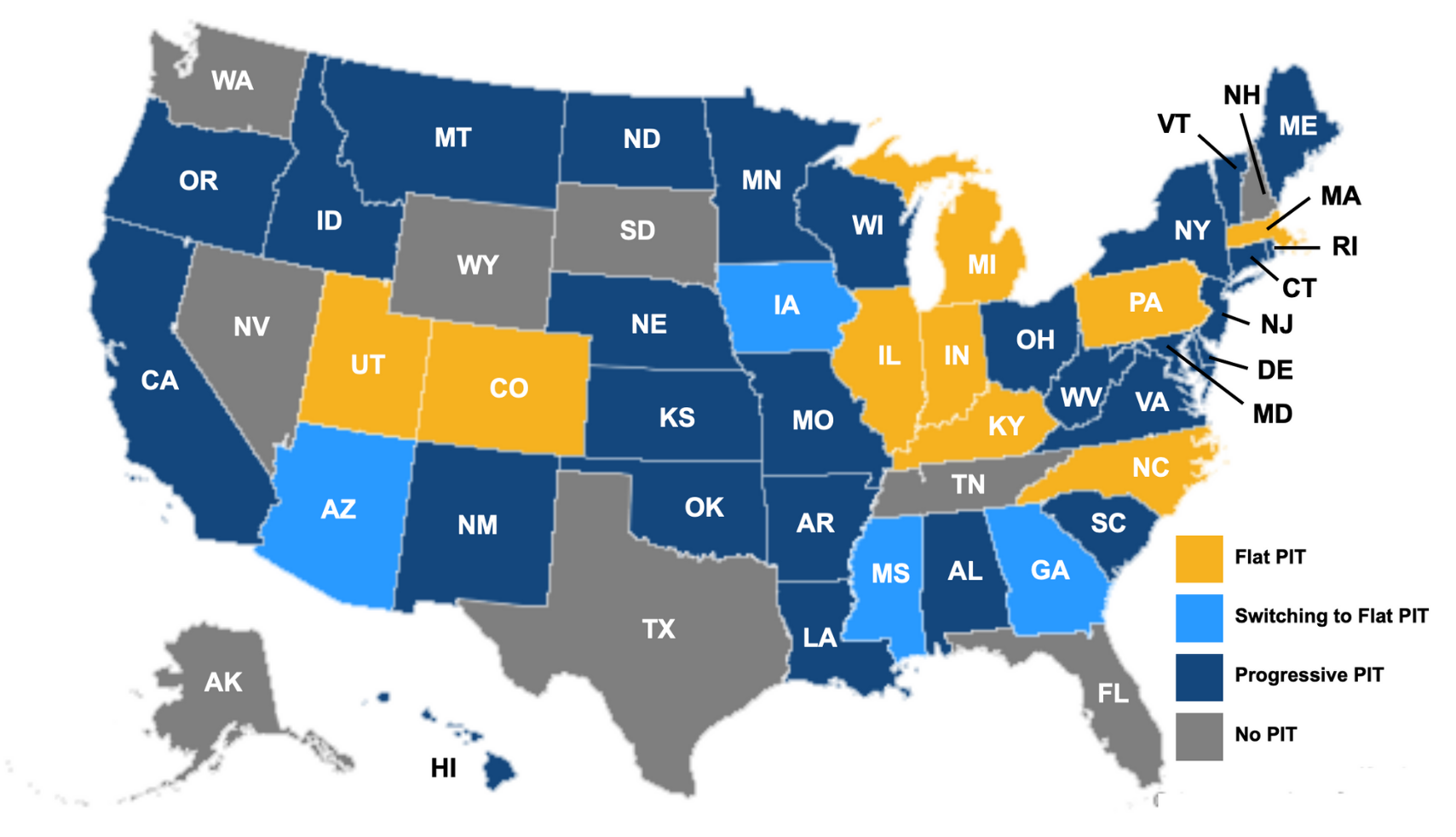The Problem: Over the years, state agencies in Wisconsin have created more than 161,000 regulatory restrictions covering 12.25 million words in Wisconsin’s Administrative Code. It is impossible for businesses or non-profit organizations to comply with or even know about all of the bureaucratic rules that might apply to them. According to the Wisconsin Institute for Law and Liberty, “if the average person can read about 300 words per minute and spends 40 hours per week reading, it would take an individual about 681 hours, or roughly 17 weeks, to read every word in the Wisconsin Administrative Code.” According to this WILL analysis, “Wisconsin is more regulated than the average state, which has about 134,000 restrictions. And Wisconsin’s per capita regulatory restrictions are the most in the Great Lakes region.” It will be no surprise for readers to learn that the Department of Natural Resources is the state agency with the most rules. In fact, the DNR’s 55,000 regulations represent more than one third of the regulatory burden in our state.
Many of these administrative rules were written by state agencies long ago and have become obsolete as technology or business models change. These rules not only increase costs for the businesses that must comply with them but they also reduce innovation, increase prices, reduce wages and stifle job creation.
The Solution: Going forward, Wisconsin should require that before any state agency wishes to promulgate a new rule the agency will be required to eliminate two old ones. When this policy was adopted by the federal government in 2017 by executive order, federal agencies were able to exceed the goal. In the first two years, they eliminated four rules for each new proposed rule and they saved businesses and consumers $23 billion. (In fact, in the first year of this executive order agencies claimed to have eliminated 22 rules for each new one proposed but the pace slowed considerably as the low hanging fruit was eliminated.)
Resources:
https://will-law.org/study-wisconsin-has-more-per-capita-regulations-than-neighboring-states/













